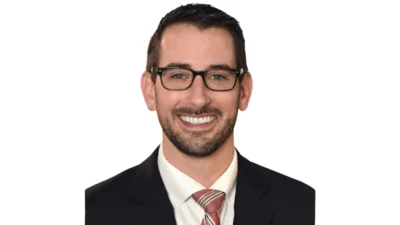Sen. Brian Stewart (R-Freeport) | Photo Courtesy of Brian Stewart
Sen. Brian Stewart (R-Freeport) | Photo Courtesy of Brian Stewart
State Sen. Brian Stewart (R-Freeport) on Dec. 7 highlighted Illinois’ new Low-Income Household Water Assistance Program during his legislative update.
“The state of Illinois launched the Low-Income Household Water Assistance Program (LIHWAP) with $42 million available to help residents unable to pay their water and sewer bills,” Stewart wrote. “To be eligible, Illinois families must demonstrate that they are within 200 percent of the federal poverty line.”
The LIHWAP is available to individuals and families who are facing imminent disconnection of water services, those who have had water disconnected, or those who have a past due balance of $250 for water and wastewater services or more, according to the Illinois Department of Commerce and Economic Opportunity.
The LIHWAP benefit is a limited, one-time, assistance program which runs through Aug. 31, 2023.
Customers may apply one time for water and one time for wastewater for the life of the program, according to the state.
The Chicago Sun-Times reported that the LIHWAP is the latest effort by the state to help Illinoisans struggling to pay utilities, joining a $327 million program announced three months ago to help residents with their energy bills.
Gov. J.B. Pritzker (D) said the program will help low-income Illinoisans avoid service disconnections.
“I came into the governor’s office with a promise to rebuild and revitalize Illinois’ human services sector, which has been decimated, frankly, under my predecessor’s budget crisis,” Pritzker said, the Chicago Sun-Times reported.
The governor added that he’s proud the state “is a national leader in helping people stay in their homes during this health emergency.”
“Residents deserve the dignity and the safety that comes from having a roof over their heads with the lights on and the water running, and, here in Illinois, we continue to support our most vulnerable,” Pritzker said.
The program is included in the state budget and is financed by American Rescue Plan Act and Consolidated Appropriations Act funding, the Chicago-Sun Times reported.




 Alerts Sign-up
Alerts Sign-up